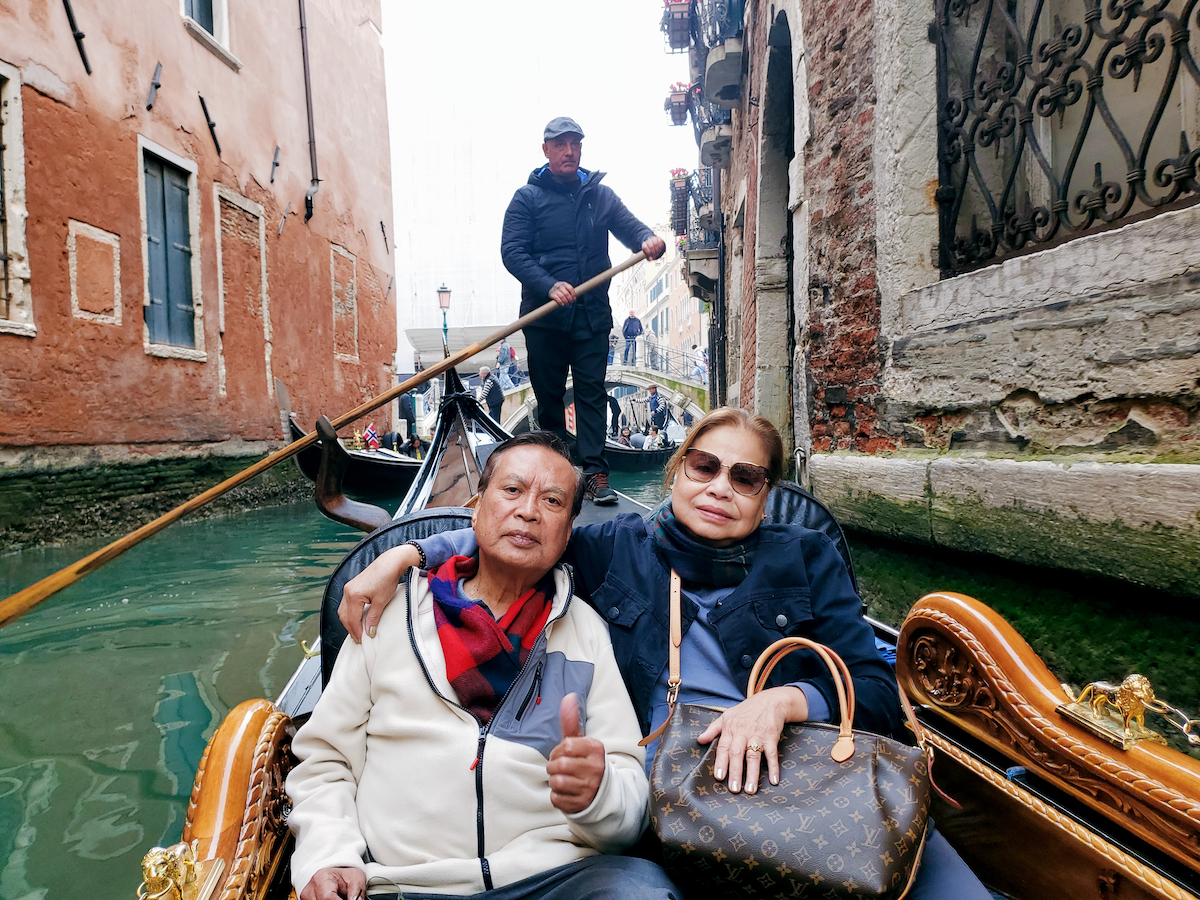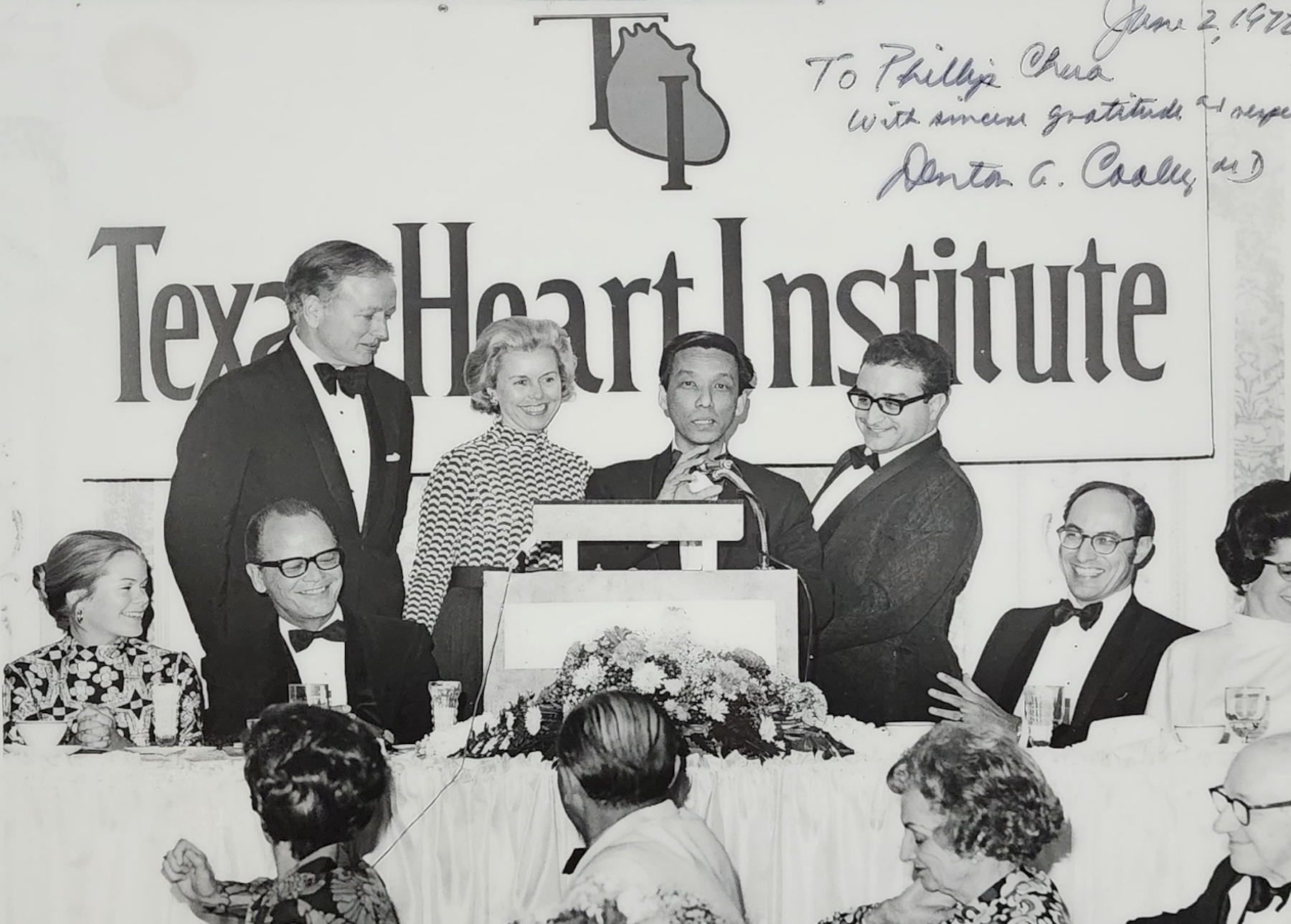ACCLAIMED Pinoy journalist, Jose Antonio Vargas’ revelation last week (about being an undocumented immigrant) has stirred up a hornet’s nest on the issue of immigration in the United States.
After all, Vargas’ curriculum vitae as a journalist is nothing short of exemplary. He has worked for The San Francisco Chronicle, Washington Post, New Yorker and Huffington Post. His years in Washington Post has also earned him a Pulitzer.
As expected, Vargas’ confession was not taken lately by his former employers in the media.
The Root’s Richard Prince wrote a news analysis on the possibility of added scrutiny for immigrants working in the media, citing reactions from Vargas’ former superiors and colleagues. The feedback is a mixed bag:
A former boss of Vargas felt he was duped and predicted the possibility of “increased scrutiny in newsrooms” for immigrants.
Phil Bronstein, Vargas’ former editor at the San Francisco Chronicle said, “Jose lied to me and everyone else he worked for, and that’s not kosher, especially in a profession where facts and, more elusively, the truth are considered valuable commodities.”
However, Bronstein concluded his statement by saying: “For me, despite the subterfuge, he’s done what he intended: given a surprising, articulate and human face to an important issue for at least some of those millions of people out there floating in terrifying limbo. For me, it’s the face of a friend.”
Post executive editor Marcus Brauchli said that “what Jose did was wrong. It’s a compelling and interesting story’ and Jose is a ‘talented and imaginative guy.” But according to Prince, Brauchli “seems to feel duped.”
Phil Bennet, former Post managing editor had this to say: “I’m torn. Honesty matters. But what Jose has done is courageous and I admire him for it.”
Ombudsman for Washington Post Patrick B. Pexton criticized the Post in his column: “I think The Post missed an opportunity to tell a great and compelling story, and to air and take responsibility for some internal dirty laundry. It’s that kind of act that earns you the lasting respect of your readers. It keeps their trust.” (On June 23, Paul Farhi of the Post reported that Vargas’ story “was originally scheduled to run in the Washington Post, but that the newspaper killed it, prompting Vargas to approach New York Times Magazine instead.)
Slate Magazine’s Jack Shafer compared Vargas to Janet Cooke, who also worked for the Post in 1981.
“Like Janet Cooke, Vargas lied about who he was. Cooke would never have gotten her job at the Washington Post, would never have written ‘Jimmy’s World,’ would never have won a Pulitzer Prize if she hadn’t misrepresented herself on her résumé as a Phi Beta Kappa graduate of Vassar,” he wrote.
“It may be unjust that Cooke, a black woman and a good writer, couldn’t have made the jump to the then-Ivy-centric Post at the age of 25 if she had been honest about her humble University of Toledo undergraduate degree. But the unjustness of the world didn’t give her a license to lie to the Post, where she eventually told many more. Likewise, Vargas would never have been hired by the Post had he told the paper the truth about his immigration status. I know the two lies aren’t exactly analogous. Cooke told her lies to inflate her status, Vargas to normalize his,” Shafer added.
In an interview with National Public Radio (NPR) on All Things Considered, Vargas defended himself, saying: “…if I didn’t tell those lies, I couldn’t have gotten work and I couldn’t have survived. I have written 650 news articles” with only nine or 10 corrections, he said. “The work speaks for itself.”
He said that lawyers have advised him not to publish his story because doing so would be committing “legal suicide.” But Vargas wasn’t just doing it for himself — he was doing it “to change the conversation about immigration.”
On the legal aspect, a lot of kababayans are probably wondering what the legal repercussions might be of Vargas’ action.
According to Prince’s article, Corey Dade of NPR reported that “recent directives from the US Immigration and Customs Enforcement indicate that Vargas probably is safe from deportation.”
In an interview with Balitang America, David Leopold, immediate past president of the American Immigration Lawyers Association (AILA), said that “it is highly unlikely” for Jose Vargas to be deported because “he is the type of person that we want in America. He has worked hard, he’s been adding to the social fabric and culture, he has become an excellent writer, he’s had a promising career. True, he does not have documents, but he is not the kind of person that Immigration and Customs Enforcement ought to be focusing on. They ought to be focusing on criminals and violent offenders and terrorists and people who would do harm to the community.”
Leopold said that Vargas may be subject to civil penalties because false claims of US citizenship on an I-9 form is a violation. But he says that he doubts that there would be any criminal sanctions against Vargas and he thinks “it’s too remote and too difficult to prove.”
(www.asianjournal.com)
(LA Weekend July 2-5, 2011 Sec A pg.12)
Back To Top




